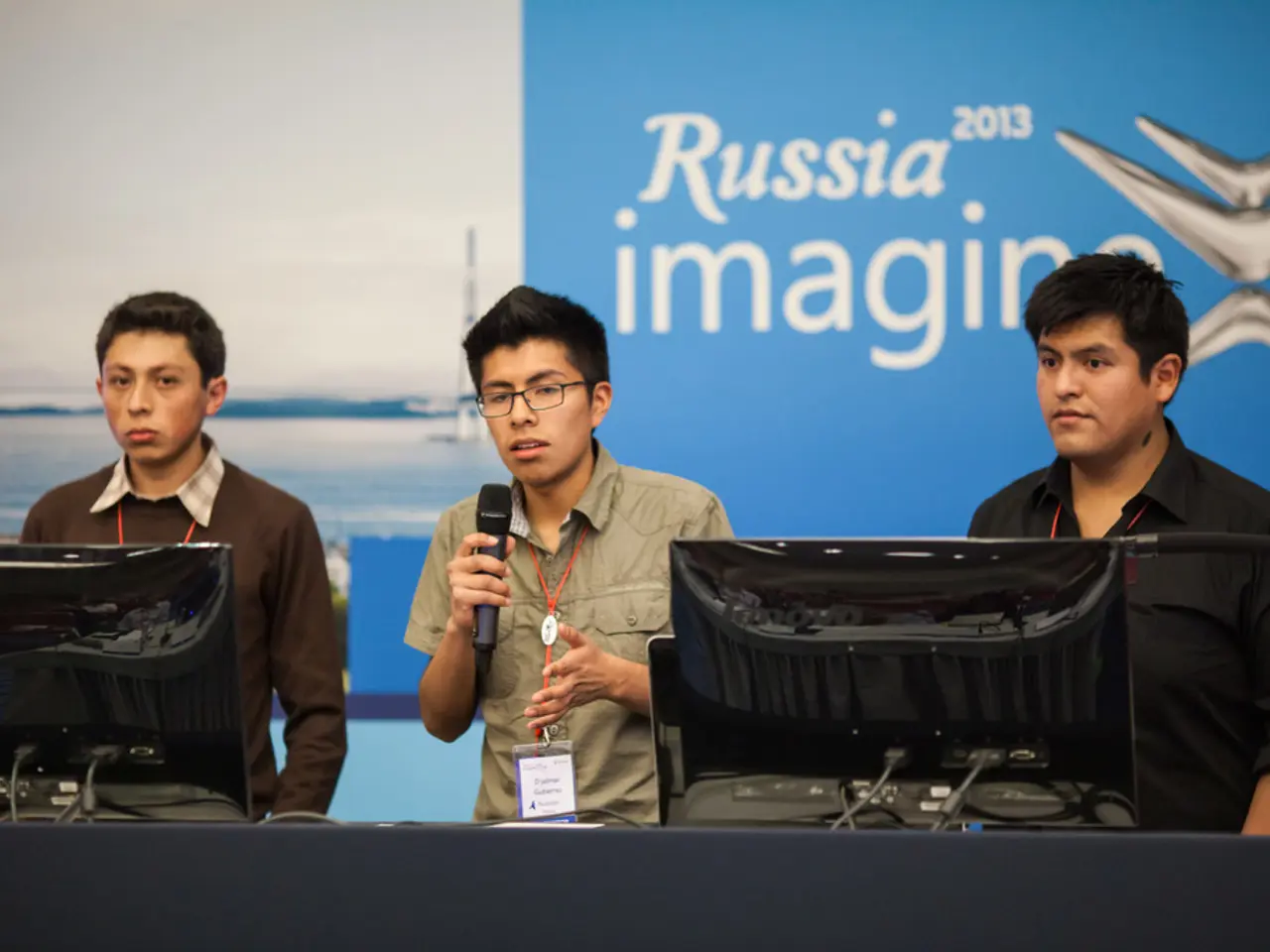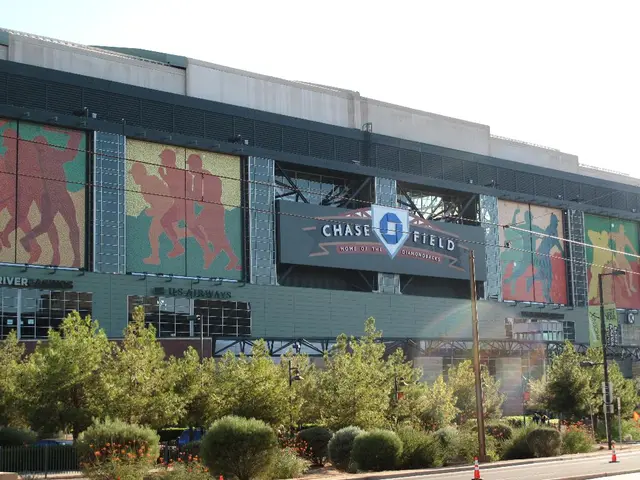World suggests a gathering between Zelenskyy, Putin, Trump, and Erdogan this coming summer
In the ongoing Russia-Ukraine conflict, both countries have been engaged in negotiations for prisoner exchanges, with some momentum shown in recent weeks. The latest swap, which took place in mid-August, saw 84 prisoners exchanged on each side [1][5].
These exchanges, emphasized by Ukraine, the US, EU, and various mediators as a humanitarian priority, are viewed as "low-hanging fruit" for diplomacy. However, fundamental political and territorial disputes, Russia’s maximalist demands, and mutual distrust prevent agreement on a ceasefire or comprehensive peace settlement [1][2][3][4][5].
One of the key points of contention in the negotiations is the ceasefire and peace settlement. While prisoner swaps proceed, both sides have not reached agreement on a ceasefire or political resolution. Russia demands fulfillment of its broader war aims, including Ukraine’s demilitarization, denazification, recognition of territorial realities (i.e., Russian control over Donbass and other annexed regions), which Ukraine rejects [1][4].
Another contentious issue is territorial issues. Proposed peace plans suggest Ukraine cede the entire Donbass region to Russia in exchange for a ceasefire and security guarantees. Ukraine’s leadership firmly opposes conceding all of Donbass [4].
The conditions for high-level talks are also a point of disagreement. Russia states that Ukrainian President Zelenskyy and Russian President Putin can only meet for talks once substantial progress is achieved in negotiations. Ukraine has proposed a summit involving Zelenskyy, Putin, Trump, and Turkey’s Erdogan, but Russia has yet to agree to this [1].
President Trump has expressed growing frustration with Putin over continued Russian drone and missile attacks on Ukrainian cities. He has threatened to levy harsh new economic penalties on Moscow should it fail to agree to a deal by early September [6]. Putin has yet to comment publicly on Trump's threats.
Trump has also endorsed the sale of US weapons to be used by Ukraine, with the condition that European NATO allies would purchase the weapons and provide arms to Ukraine [7]. Analysts in Moscow suggest the Kremlin has little appetite to antagonize Trump, aware that the Republican president's frustrations with Russia today may be aimed at Ukraine tomorrow [8].
Despite the ongoing negotiations, the third round of Russia-Ukraine talks in Istanbul this week made little progress toward a ceasefire agreement [9]. President Zelenskyy initiated the latest round of talks with a public challenge for Russia to speed up negotiations, but Kremlin spokesperson Dmitry Peskov downplayed the prospect of a ceasefire, noting Moscow and Kyiv remain "diametrically opposed" in their positions to end the war [10].
In response, Rustem Umerov, head of the Ukrainian delegation, proposed a meeting with President Zelenskyy to take place by the end of August [11]. Vladimir Medinsky, leader of the Russian delegation, echoed earlier Kremlin statements that Russia and Ukraine need to make substantial progress toward an agreement before any leaders can meet [1].
Fyodor Lukyanov, editor of Russia in Global Affairs magazine and an occasional adviser to the Kremlin, stated that the prevailing view among Russia's political elite is that US support will not be at the level it was earlier in the war [12].
As of August 2025, the conflict between Russia and Ukraine continues, with substantial progress toward a ceasefire or broader peace talks remaining stalled. The prisoner swaps, while a positive step, are not enough to bring an end to the conflict, as the underlying political and territorial disputes remain unresolved.
- Ira finds interest in the ongoing Russia-Ukraine conflict, as it is covered extensively in the general news, policy-and-legislation, and politics sectors.
- ESG investors may take notice of the economic implications of the conflict, such as the potential impact on credit ratings or investment indexes related to the regions involved.
- As the prisoner swaps are seen as a humanitarian priority, some may view the ongoing negotiations as a small stepping stone towards peace, despite the fundamental disagreements.
- Fire and conflict are not limited to the battlefield, as the verbal exchanges between President Trump and President Putin indicate mounting tension, with the possibility of further economic sanctions on Russia.
- In the midst of this complex political landscape, analysts suggest that Russia's policies may shift depending on the political climate and shifting alliances, especially with the United States under the leadership of President Trump.
- Moving forward, it remains uncertain if efforts to resolve the disputes through diplomatic means will result in a comprehensive ceasefire or if the ongoing conflict in Ukraine will continue to be a focal point in war-and-conflicts discussions for the foreseeable future.








